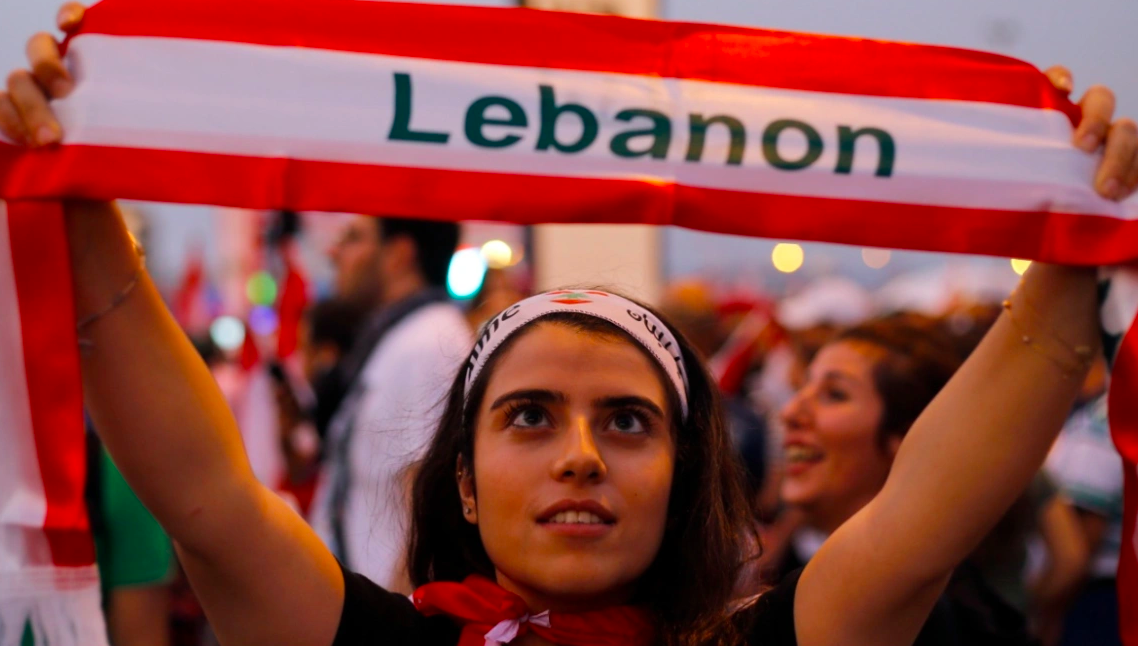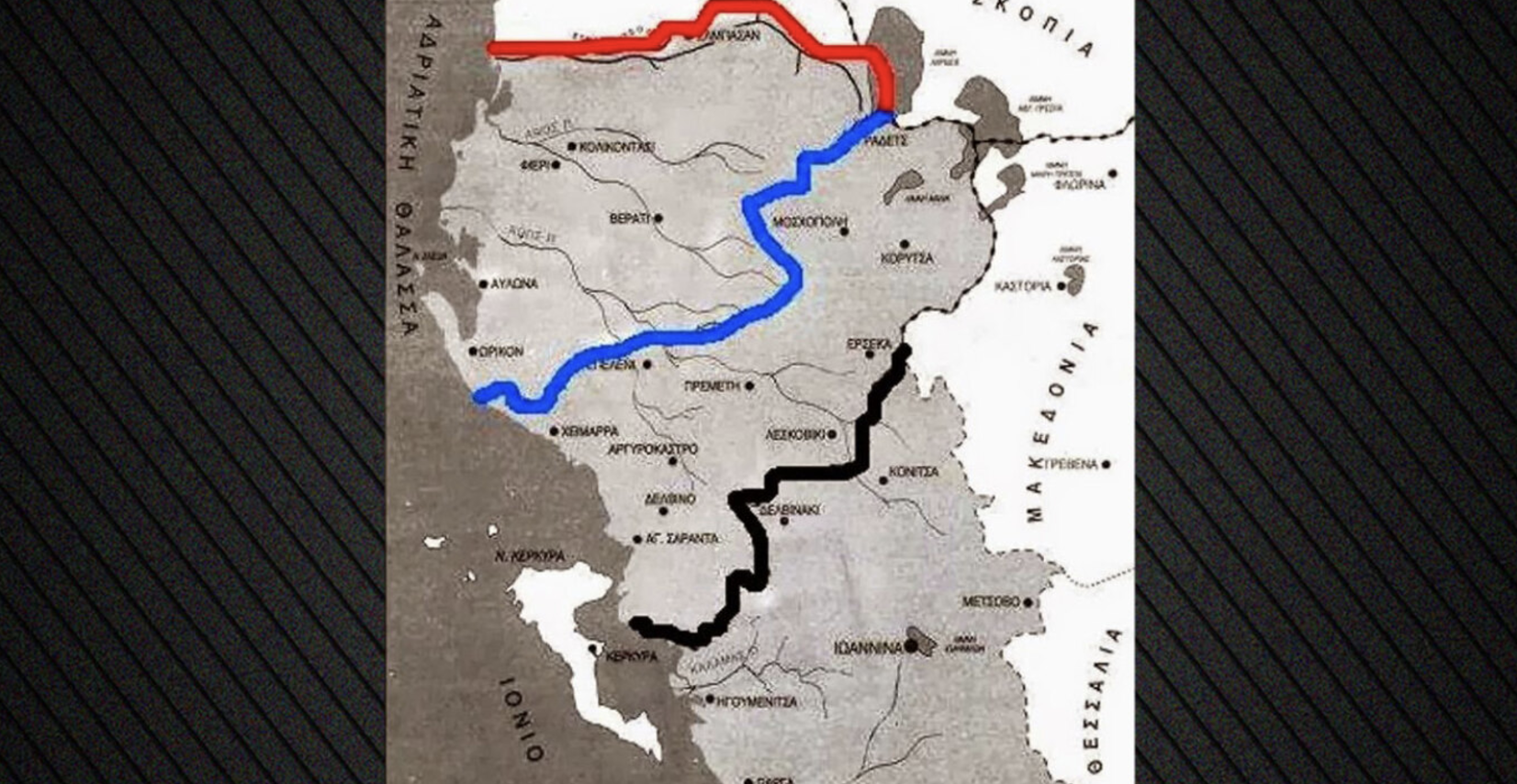A ceasefire agreement between Israel and Hezbollah in Lebanon went into effect at 4 a.m. Wednesday.
What the ceasefire agreement stipulates
A ceasefire agreement was reached between Israel and Hezbollah yesterday (Tuesday), after more than a year of exchanges of fire on Israel’s border with Lebanon and more than two months of open warfare between Israeli armed forces and the powerful Iranian-backed Lebanese armed movement.
The deal, brokered and sponsored by the US and France, was not made public, but a US official referred – on condition of anonymity – to its terms during statements to reporters. Below is a summary of the terms as he described them.
The ceasefire takes effect at 04:00 (local and Greek time) today.
Israeli armed forces have 60 days to withdraw progressively from southern Lebanon.
Hezbollah fighters are also required to withdraw from Lebanon’s southern border with Israel and redeploy north of the Litani River.
Hezbollah’s heavy weapons must also be withdrawn from the border.
The Lebanese army and security forces will take control of the Israeli army and Hezbollah positions.
Lebanon and Israel retain the right to legitimate defense, as provided by international law.
The US military will provide technical support to the Lebanese army, in cooperation with the French army.
A military commission with the participation of various countries will provide further support to the Lebanese army in the form of equipment, training, and funding.
The US and France will join a trilateral mechanism set up after the 2006 war by the UN Interim Force in Lebanon (FINUL in French, UNIFIL in English), Israel, and Lebanon.
This mechanism, which we will now chair, will maintain “direct” communication with the various parties and will allow “whenever a violation” of the agreement, “especially a serious violation”, is found, it will be “dealt with immediately” to avoid escalation.
US President Joe Biden welcomed the ceasefire agreed by Lebanon and Israel as a positive development that will bring peace to the region and allow for the prosperity of the people.
In remarks from the White House, Joe Biden first noted that Israel and Lebanon had accepted a permanent – and he emphasized that word – ceasefire in the war. This “is good news,” he said.
The ceasefire will take effect as of 04:00 Wednesday (Lebanese local time and Greek time).
“Permanent cessation of hostilities”
“The plan wants a permanent cessation of hostilities. Hezbollah and other terrorist organizations will not be allowed to threaten Israel’s security,”
he said.
“Let me be clear, if Hezbollah or anyone else violates the agreement and poses a direct threat to Israel, then Israel retains the right to self-defense by international law,” he said.
In the next 60 days, the Lebanese army and state security forces will take control of their territory, the US president clarified, adding that Israel will gradually withdraw its remaining forces over the same period.
The goal is for civilians on both sides to return to their communities and begin to rebuild their lives, the US president said.
As for implementation, the US, with the full support of France and its allies, will work with Israel and Lebanon to ensure the ceasefire “is fully implemented.” He did not fail to thank his French counterpart, Emmanuel Macron, for his cooperation in reaching this agreement.
With the acceptance of the agreement by Israel and Lebanon, we are “closer to implementing the positive agenda” of the presidency, which envisions the Middle East as “peaceful and prosperous”.
Biden: “We want a future where the Palestinians have their state”
“A future where the Palestinians have their own state; a state that fulfills the legitimate aspirations of its people; and a state that cannot threaten Israel or harbor Iranian-backed terrorist groups. A future where Israelis and Palestinians enjoy equal measures of security, prosperity and -to dignity,” Biden said.
The agreement “is a new beginning for Lebanon” and helps the nation maintain its sovereignty, Biden said, stressing that no U.S. forces will be sent to the region.
This will be followed by an effort with Turkey, Egypt, and other countries to terminate the war in the Gaza Strip.
“Just as the people of Lebanon deserve a future of security and prosperity, so do the people of Gaza,” Biden said, noting that “the people of Gaza have been through hell.”
He added that Hamas has refused for months to negotiate in good faith a ceasefire agreement for the hostages as well. Its only way out is to release the hostages it is holding and end the fighting, which would allow humanitarian aid to be delivered to Gaza.
Asked after the intervention when we can expect something concrete on the Gaza Strip, Joe Biden gave no answer.
Biden and Macron’s joint statement
The United States and France will work with Israel and Lebanon to ensure that the ceasefire agreement is fully implemented, the presidents of the two countries, Joe Biden and Emmanuel Macron, underline in a joint statement. The two leaders say they are determined “to ensure that this conflict does not trigger a new cycle of violence,” they add.
Israel officially approves ceasefire in Lebanon
Meanwhile, Israel’s government’s National Security Council formally approved the ceasefire agreement with Hezbollah by a 10-1 vote, according to Prime Minister Netanyahu’s office.
“Israel appreciates the US contribution to the process and reserves the right to take action against any threat to its security,” the statement said.
The only minister to vote against the ceasefire agreement was far-right National Security Minister Itamar Ben-Gvir. In a post on Platform X, Ben Gvir called it a “historic mistake,” discounting that “in the future, we will have to return to Lebanon again.”
Ask me anything
Explore related questions





